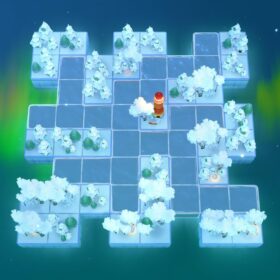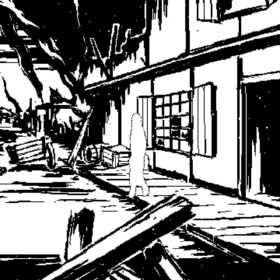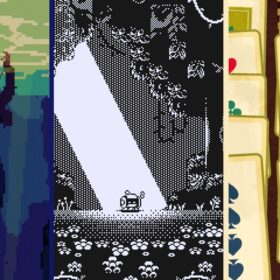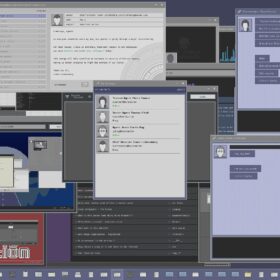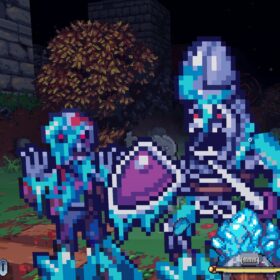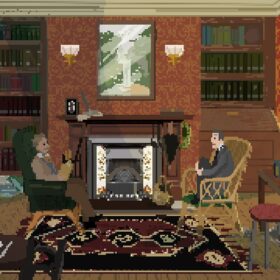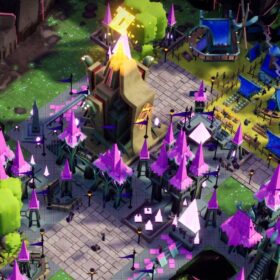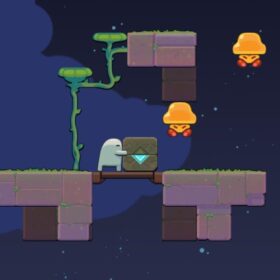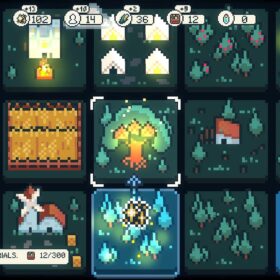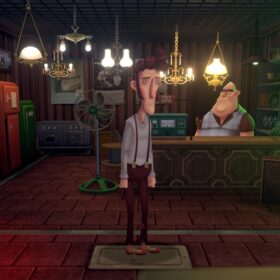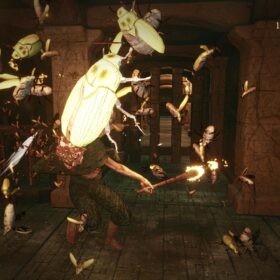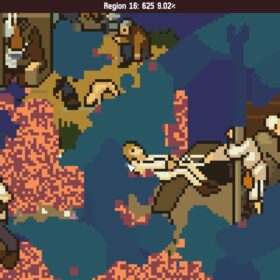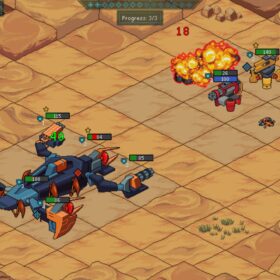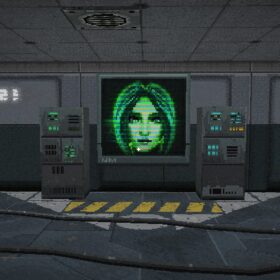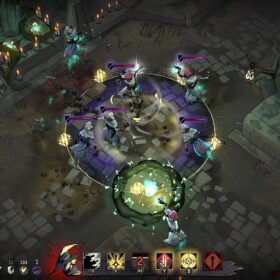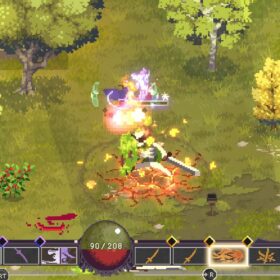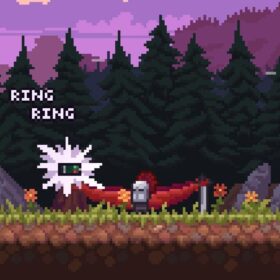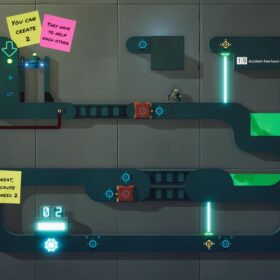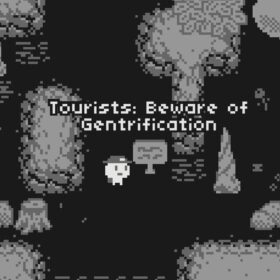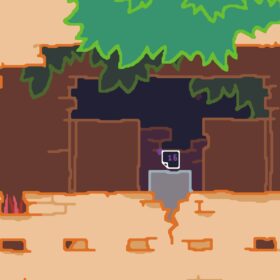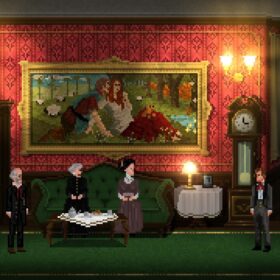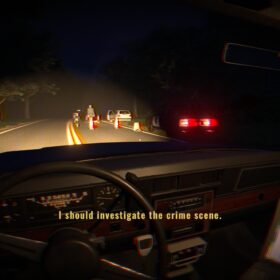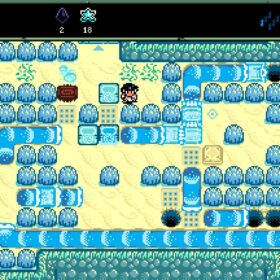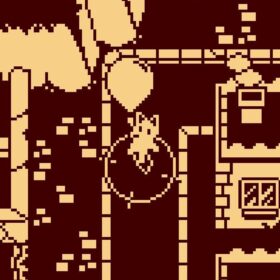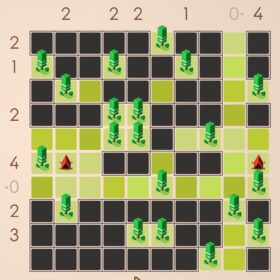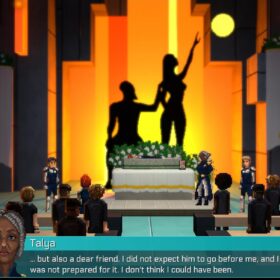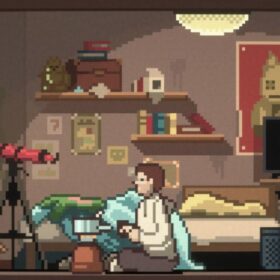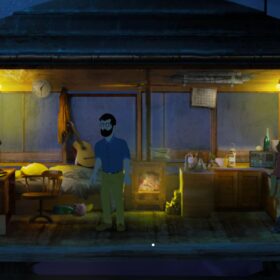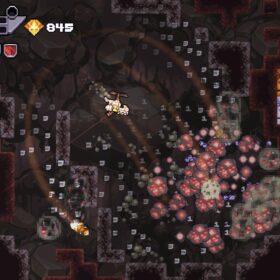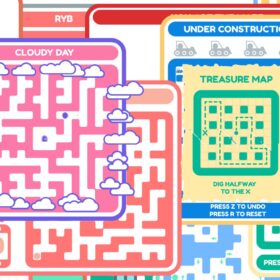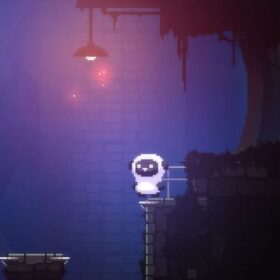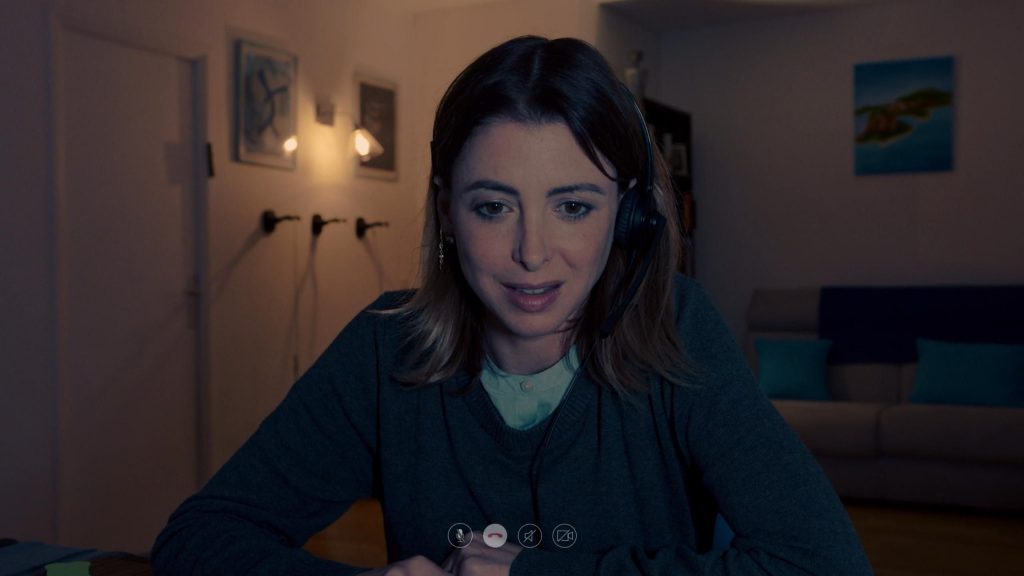
PC, Switch
Wales Interactive are behind some of the most interesting FMV games coming out in the last few years. In 2016 there was The Bunker, 2018 had Buried Treasure readers favourite The Shapeshifting Detective, and last year we covered The Complex. This week, along with The Complex’s developer Good Gate Media, we have Night Book. And it’s worth your time.
Night Book’s premise is fairly simple. It’s the way its approached that’s so complicated. Here you’re making decisions for Loralyn (Julie Dray), a pregnant French woman living in London, working as an online interpreter who specialises in an ancient language called Kannar. Her husband Pearce (Akie Kotabe) is currently abroad, working near the fictional Godshand islands, where a hotel complex is due to be built on some ancient land. And so, yes indeed, ancient spirits are rather cross about this building, and appear to be rather enlivened when people speak Kannar out loud.
Living in Loralyn’s apartment is her father Alecis (Mark Wingett), who is keeping himself locked in his bedroom for fear of his actions, believing himself possessed by said ancient spirits. And you can see him, and all other parts of the apartment, thanks to a convenient network of security cameras placed by the rather creepily portrayed Pearce. The game is mostly set on Loralyn’s computer desktop, viewed in windows from security cameras and video calls, with occasional cuts to mobile phone screens.
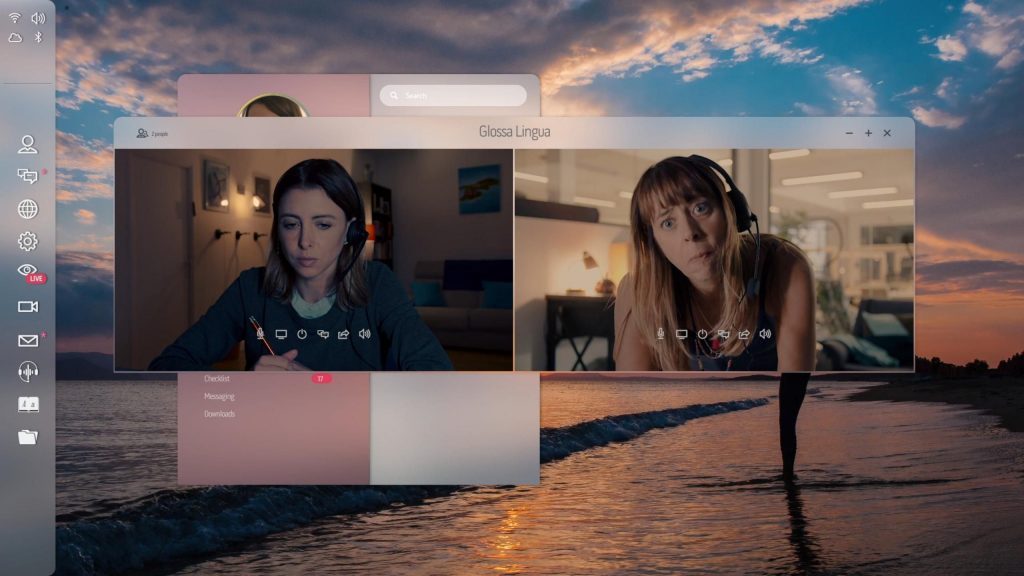
The reason for many of these choices is that Night Book was developed under lockdown, and the innovative way this has inspired an aesthetic choice is superb. Each actor is in their scene alone, and presumably the room in which Wingett was filming could have been a thousand miles from Dray’s – yet as you play they seem very much in the same place. Shooting on webcams, albeit very high-def ones, fits the conceit, and then a lot of post-production adds special effects, spooky jump-cuts, and the sense that something is very, very wrong.
What’s key here is how much effect your limited choices have on the outcome. It’s a relatively short story, however on completing it the first time I discovered that I’d found just the first of an enormous fifteen different endings, and more remarkably, had only viewed 42 of a possible 223 scenes. Which is all to say, this isn’t a game you play once.
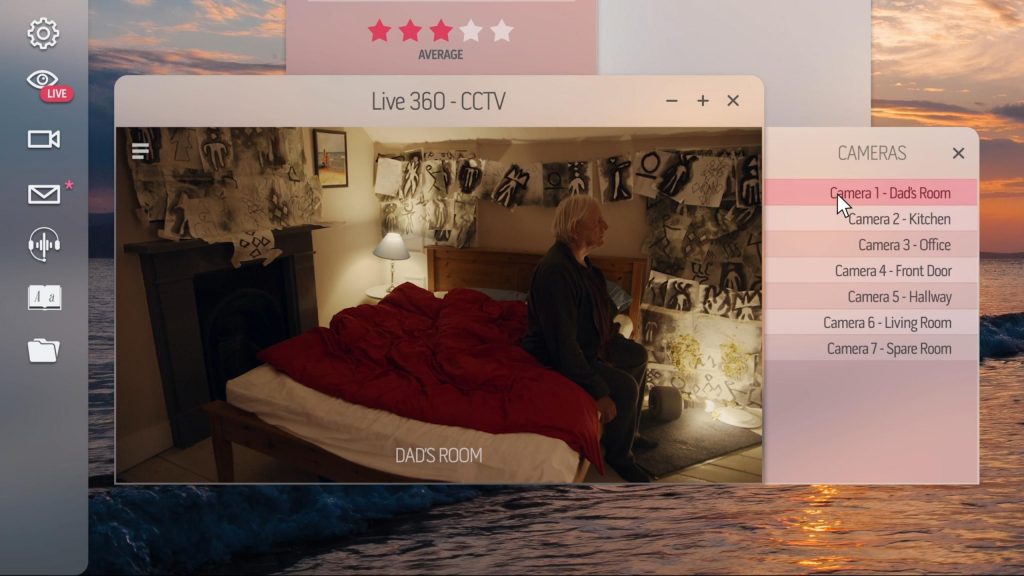
It’s also for that reason that plot is conspicuously absent from this review. Not just because its brevity means details would spoil it, but because there are many different ways to see the story – different choices can make as significant a change as entire characters being replaced by others, in different circumstances and locations.
That said, on replays it’s a little disappointing how much links back around to the same result, despite these other broad branches. Fortunately you can use Tab to skip past scenes you’ve seen before in previous goes, although this doesn’t work when an identical scene may end in a slightly different way. Which is to say, there’s still a lot of watching what you’ve already watched. I’d love a way to be able to jump back in at key decision points to more quickly see how things can diverge on repeated plays.
My other complaint is that it can be a little odd to see a game presented as a PC screen, but in no way be able to interact with that desktop. It would have been great if it were possible to resize and rearrange windows as you’re playing, even though it would still need to control which appear and when in order to tell its story. I’d also love to be able to click about, look through her emails within the PC setup, rather than having the same gathered documents and emails appear in a pause menu that looks entirely dissimilar.
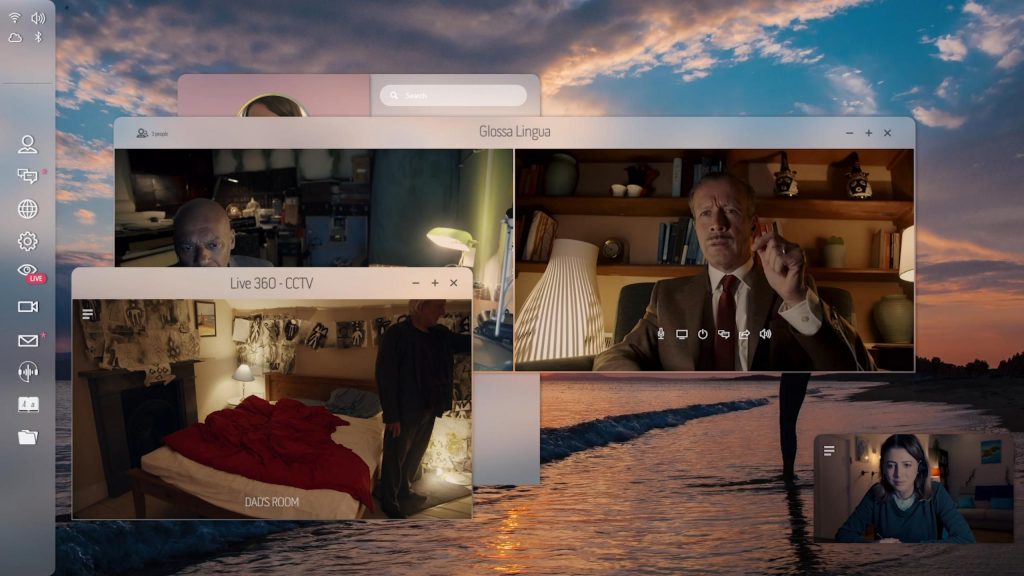
The limitations of only having one actor in a room at any time are certainly well approached, such a clever use of the boundaries of a game made in a national lockdown. At the same time, obviously some of the dynamism is lost, especially when it’s clear that each actor’s scenes in a video call were recorded separately. This is an achievement given the restrictions, even though those restrictions are often apparent.
I’m not entirely sure why this is a BBFC 18, and I do wonder if they asked for it rather than required it! It’s spooky, and there’s some gore, some swearing, but maybe I’ve yet to encounter the scenes that qualify it for the vanishingly rare adult certificate.
I’m so pleased that this FMV renaissance is continuing, and Wales Interactive really are leading the charge. This offers strong acting, a well-explored premise, and some spooky chills.
- Good Gate Media / Wales Interactive
- Steam, Switch
- £10/€13/$13
- Official Site
All Buried Treasure articles are funded by Patreon backers. If you want to see more reviews of great indie games, please consider backing this project.


